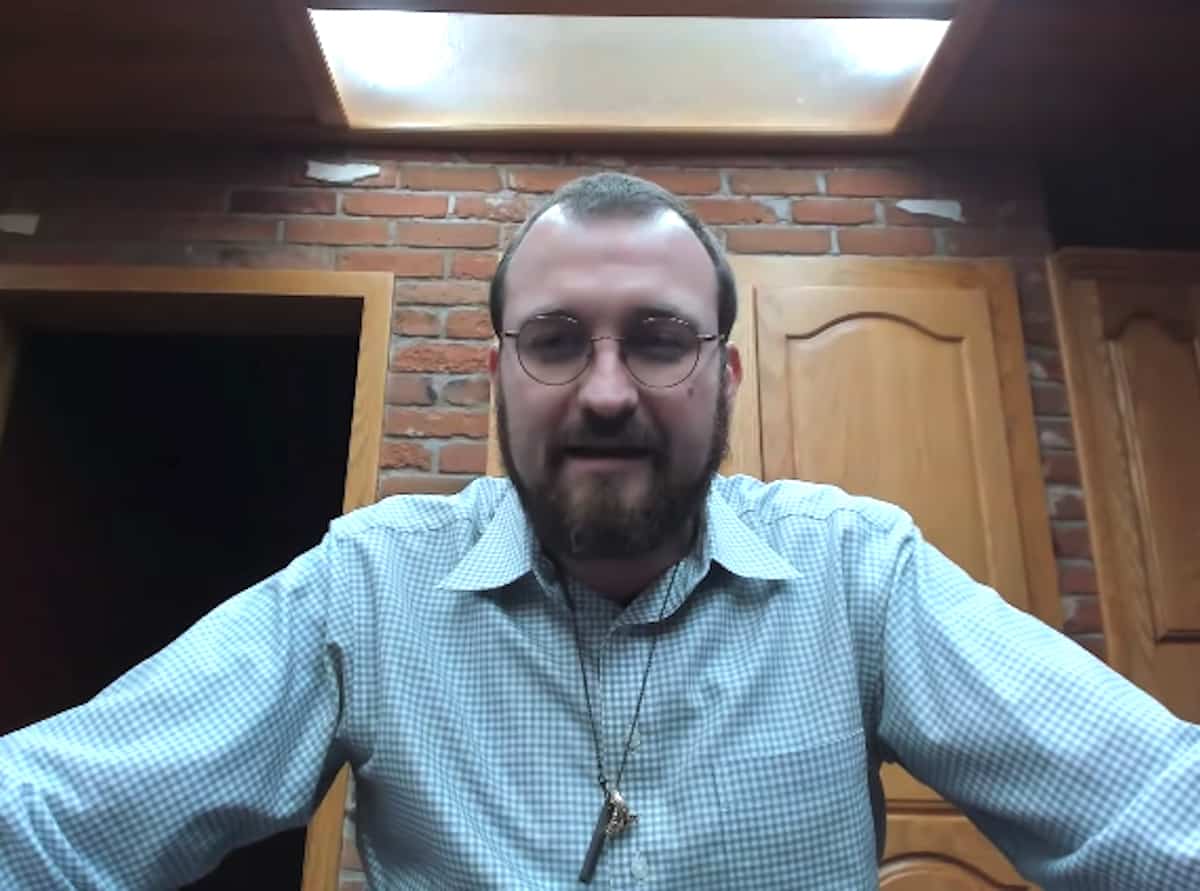ARTICLE AD
Terraform Labs believes that a self-funded Chapter 11 filing is the optimal path forward, providing the necessary breathing room to pursue the appeal, continue its software development business, and sustain LUNA’s value for stakeholders.
Chris Amani, the CEO of Terraform Labs recently stated that the company’s decision to file for Chapter 11 bankruptcy is a strategic move to enhance its chances of appealing a fraud lawsuit filed by the United States Securities and Exchange Commission (SEC).
The Need for Terraform Lab’s Chapter 11 Bankruptcy Protection
In a filing on Tuesday, Amani emphasized the critical nature of the Chapter 11 filing, stating that it is essential for the company’s ability to operate as a going concern, preserve value for creditors and stakeholders, and pursue an appeal of the SEC Enforcement Action. The estimated assets and liabilities of the company range between $100 million and $500 million.
The bankruptcy hearing, set to commence Today, will shed light on the company’s financial status and its plan for moving forward. The appeal against the SEC, however, comes with its own set of challenges.
For Terraform Labs to proceed with the appeal against the SEC, it would normally be required to provide a superseded bond. Amani highlighted the financial strain this would impose on the company, citing the potential money judgment’s size. The Chapter 11 bankruptcy proceedings offer a strategic advantage, enabling Terraform Labs to pursue an appeal without immediately posting the bond.
Without the protection of Chapter 11, Amani warned that the company might have to liquidate after the trial, forfeiting its right to appeal and causing disastrous consequences for its business, employees, creditors, and the Terra community.
Terraform Labs believes that a self-funded Chapter 11 filing is the optimal path forward, providing the necessary breathing room to pursue the appeal, continue its software development business, and sustain LUNA’s value for stakeholders.
Background of the SEC Lawsuit
The SEC filed a complaint against Terraform Labs and its founder, Kwon Do Hyeong, on February 16, 2023, in the District Court for the Southern District of New York. The allegations centered around an orchestrated multi-billion dollar crypto asset securities fraud, accusing Terraform Labs of conducting unregistered transactions while raising billions from investors.
On December 28, 2023, the District Court granted partial summary judgment to the SEC, finding that Terraform Labs had offered and sold unregistered securities by issuing its native tokens to investors. However, the court also granted partial summary judgment in favor of Terraform Labs on the SEC’s securities-based swap counts. The pending securities fraud claims are scheduled to be resolved at trial, set to begin on March 25.
Amani vehemently disagreed with the SEC’s claims, arguing that the crypto tokens in question were not securities under the Acts. He reiterated the firm’s position that the SEC lacked the requisite authority to charge Terraform Labs or its co-founder Do Kwon.
This development comes on the heels of the collapse of the Terra ecosystem in May 2022, triggered by the downfall of the algorithmic stablecoin TerraClassicUSD (USTC) and its sister cryptocurrency, Terra Classic (LUNC). Do Kwon, facing charges in both the United States and South Korea, was arrested in Montenegro after attempting to travel with forged documentation. Both countries are seeking his extradition, with potentially severe consequences if he is returned to South Korea.

 1 year ago
41
1 year ago
41 

